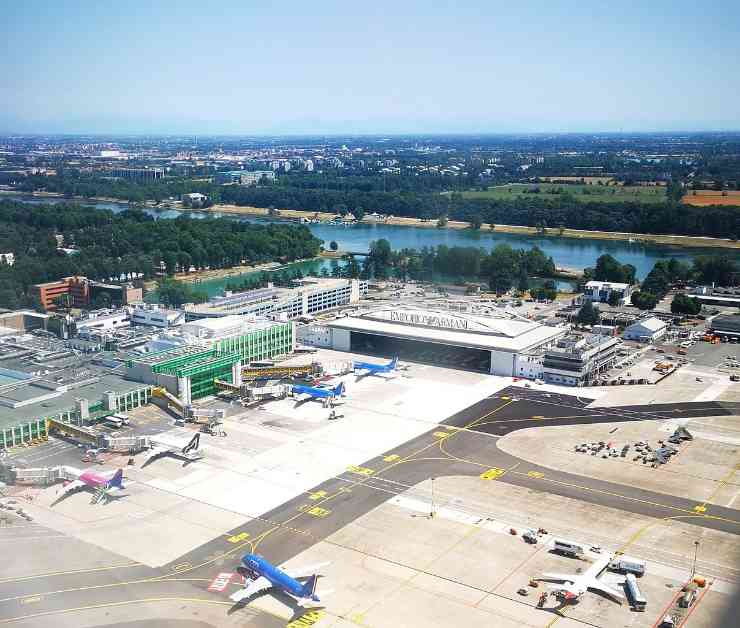Chinese Airlines Utilize Russian Airspace to Expand into Europe
Chinese airlines are making significant strides in expanding their European routes, thanks to the strategic use of Russian airspace. While European carriers face restrictions due to sanctions, China’s top three state-controlled airlines – Air China, China Eastern, and China Southern – are seizing the opportunity to strengthen their market presence. This move comes amid geopolitical tensions and the aftermath of Russia’s airspace ban in response to Western sanctions following the Ukraine conflict.
Aggressive Expansion and Competitive Pricing
Analysts have observed an 18% increase in trans-continental capacity by Chinese carriers compared to pre-pandemic levels in 2019. What’s more, these airlines are offering tickets at a significantly lower cost ranging from 5% to 35% compared to their European counterparts. This competitive pricing strategy has allowed them to attract more passengers and gain a foothold in key European markets.
Challenges Faced by European and US Carriers
On the other hand, European airlines like Scandinavian Airlines, Lufthansa, British Airways, and Virgin Atlantic have had to cut back on direct flights to China due to the airspace restrictions imposed by Russia. This has put them at a disadvantage, prompting calls for the European Commission to level the playing field and ensure fair competition.
US carriers, on the other hand, have taken a different approach by lobbying to maintain strict limits on direct flights to China. This strategy has helped curb the expansion of Chinese airlines into the American market.
Political and Economic Implications
While the rapid expansion of Chinese airlines into Europe and beyond is primarily driven by economic motives, analysts also suggest political considerations may be at play. China’s efforts to attract international travelers through visa-free stays and rebuild its tourism sector post-COVID-19 indicate a broader strategy beyond mere profit-making.
In conclusion, the utilization of Russian airspace has provided Chinese airlines with a unique opportunity to expand their reach into European markets, posing challenges for their European and American counterparts. As these airlines navigate geopolitical tensions and economic dynamics, the impact of their expansion goes beyond mere business competition, touching on broader political and strategic considerations.

















